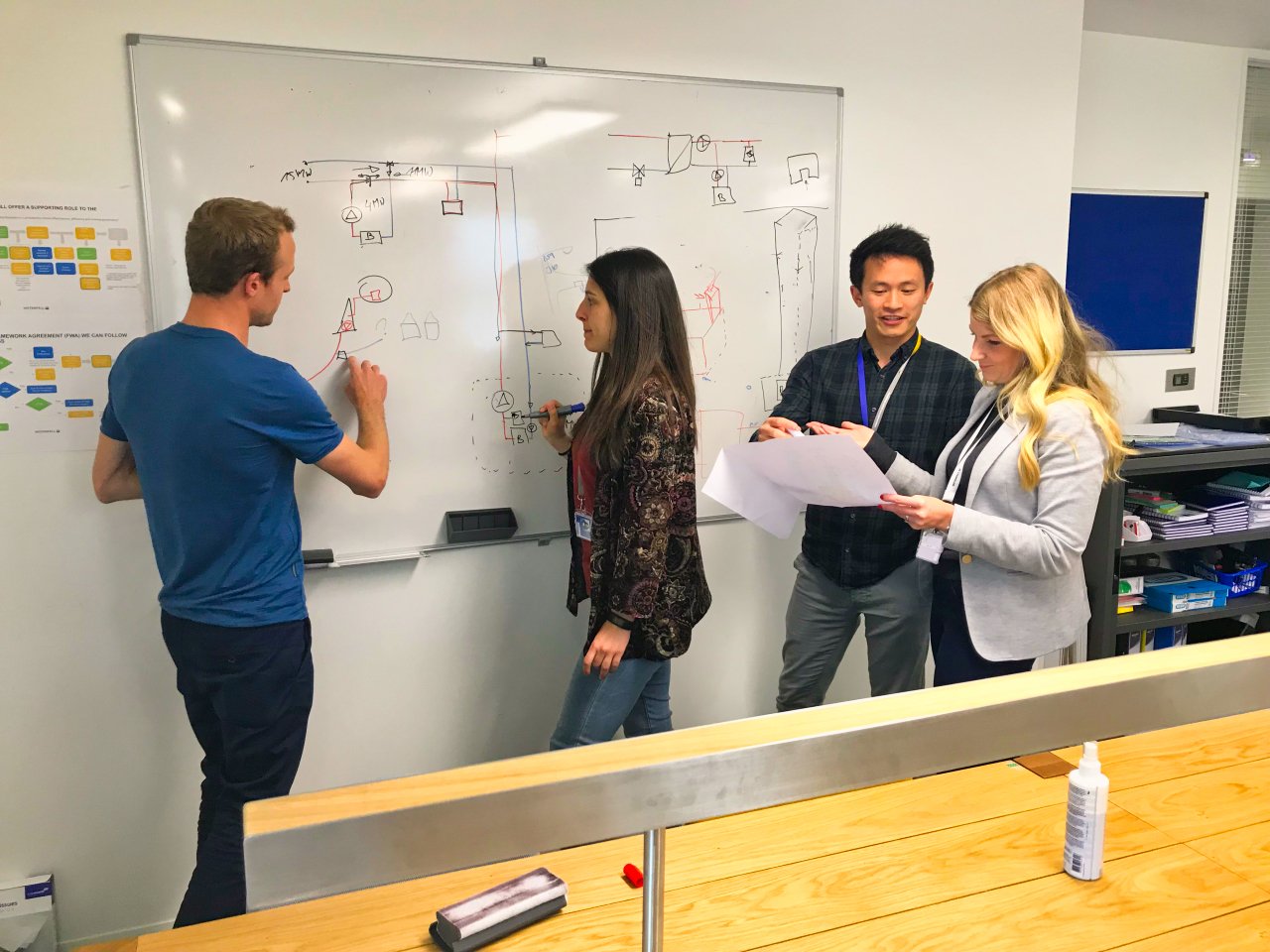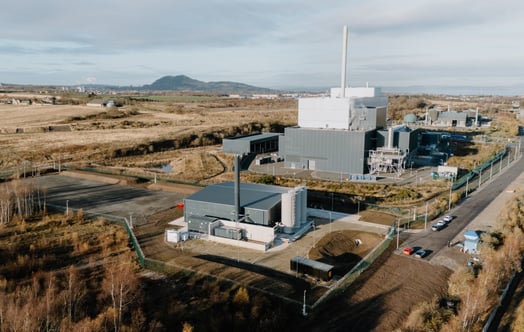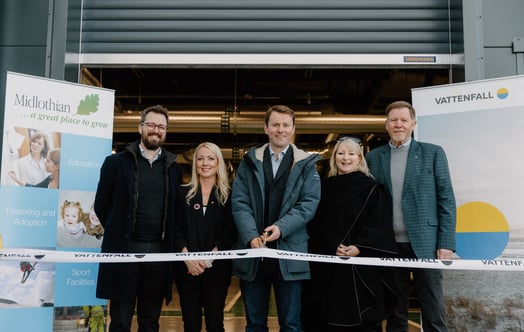Sandra Šlihte asks one of the most important questions facing the industry right now. How can we all come together to ensure a better experience for everyone?
Heat is generally recognised in the UK “Net Zero” debate as one of the toughest sectors to decarbonise.
Currently, the majority of UK homes uses gas to heat their property, but district heating offers a solution for achieving decarbonisation, specifically because it allows different technology integration. Through district heating, we can introduce low carbon technologies, based on what is the most viable low carbon option available.
One of the reasons district heating and cooling networks are ideal is because they are technology agnostic, yet certain engineering principles are only suitable for fossil fuel heat generation. Low-temperature networks enable fossil-free technology implementation, yet we don’t see this solution being implemented at scale. The industry needs to come together as a whole to ensure the end result provides a high standard of quality that all stakeholders expect.
To achieve this, we need to change the narrative from what has come before
First and foremost, our approach is to focus on building a system infrastructure capable of making the most from known and unknown waste heat sources in local areas. In this way, we can deliver heat and/or cooling networks that are truly technology agnostic, with a potential to transition to Zero Carbon.
While this might seem like a very obvious thing, in many cases we (as an industry) are trying to make new technology fit old systems and are stuck in outdated ways of thinking. This is a bad habit that we need to break. Instead, we need to approach problems from different perspectives and unifying to come up with more innovative ways to leverage technology and methods of decarbonising.
Why is this approach challenging?
We need a shift in mindset across the many parties and interests who are involved in delivering a full end-to-end project towards flexible, sometimes new, adaptable solutions.
District heating and cooling systems are meant to be supplemented by new technology integrations over time to ensure their operability. This means we need to move away from thinking about the solution as something that is ‘final’ for the next forty years. New fossil-free technologies can bring uncertainty, but this is ok! Finding comfort in uncertainty will be the key to achieving Net Zero, as long as we are open to continually discuss where we’ve been and where we’re heading.
Unity is essential for the heat business
All of us – engineers, customers, developers, and authorities – are used to doing things in a certain way. Changing solutions also will require adapting our approach not only in design and technology selection but also construction, commissioning, operation, maintenance and how customer guaranteed standards are specified.
To successfully decarbonise heat, we need an industry that is in alignment to how low carbon heating and cooling is implemented. This can only be delivered by many parties coming together as a whole and agreeing on common aspects such as:
- Technical standards for design, installation, commissioning and handover
- Customer care standards
- Operational standards
- Appropriate feedback loops and implementation of change
- Preparing the supply chain years in advance to ensure they are aware of the next steps and what systems are coming.
By developing meaningful relationships and engaging with the market in a collaborative way, we will ensure that the industry as a whole can go from strength to strength with the advanced collaborative foresight to see problems coming before they arise. This way, we will give one another the confidence in creating responsible solutions that ensure our ability to transition to Zero Carbon.
As energy goals change, the approaches to decarbonise must change with it. Low-carbon district heating offers fantastic opportunities, and we don’t have all the answers (yet!) – but now, more than ever, it’s important that we start creating an open dialogue about what they might be.




